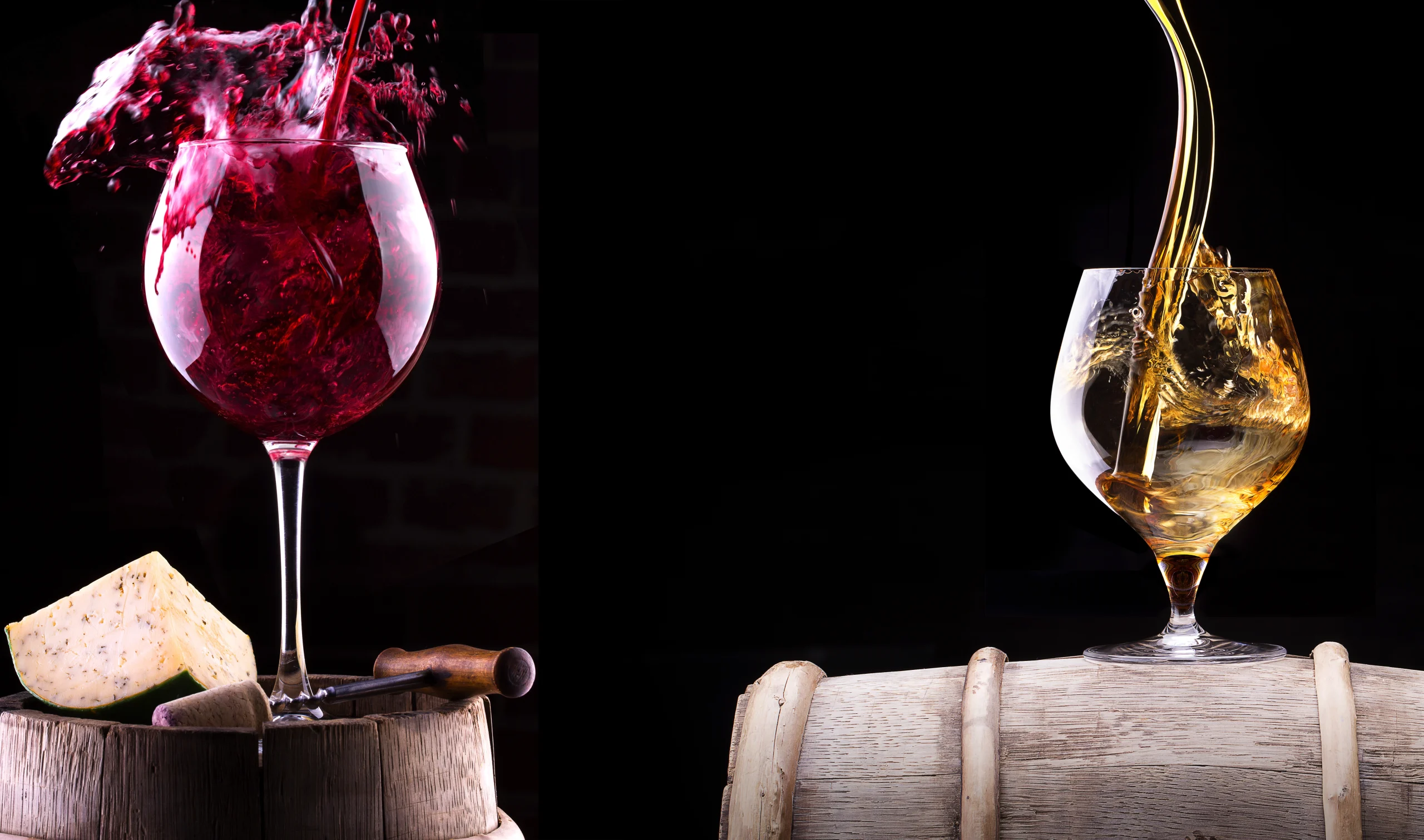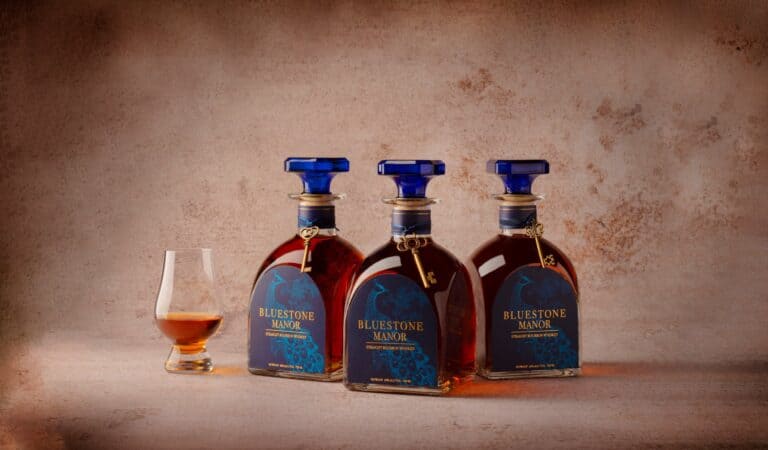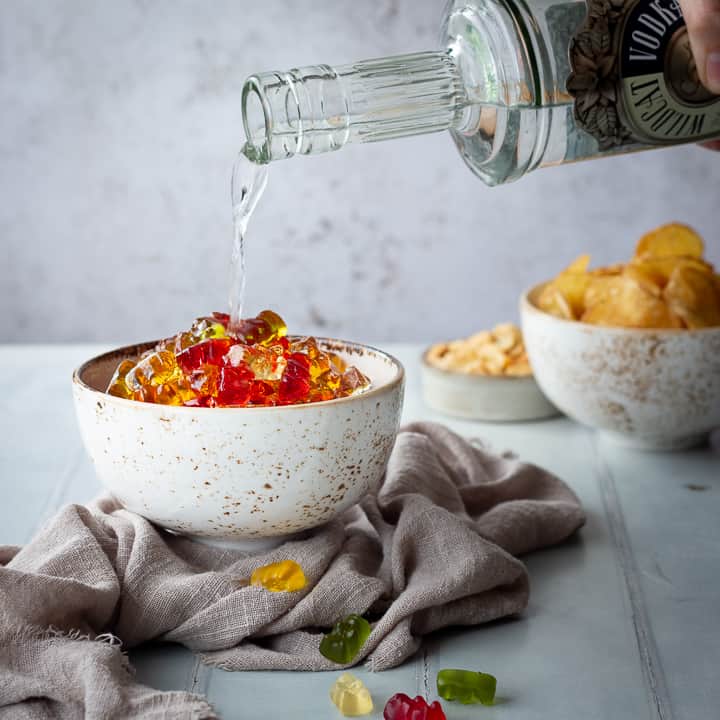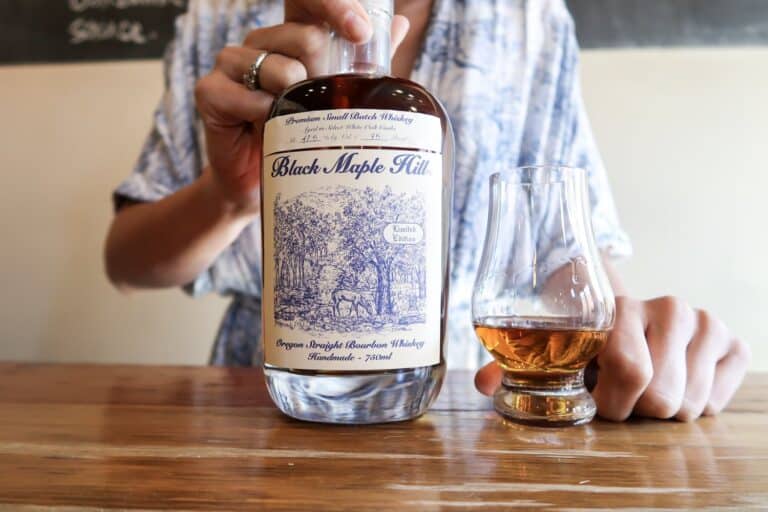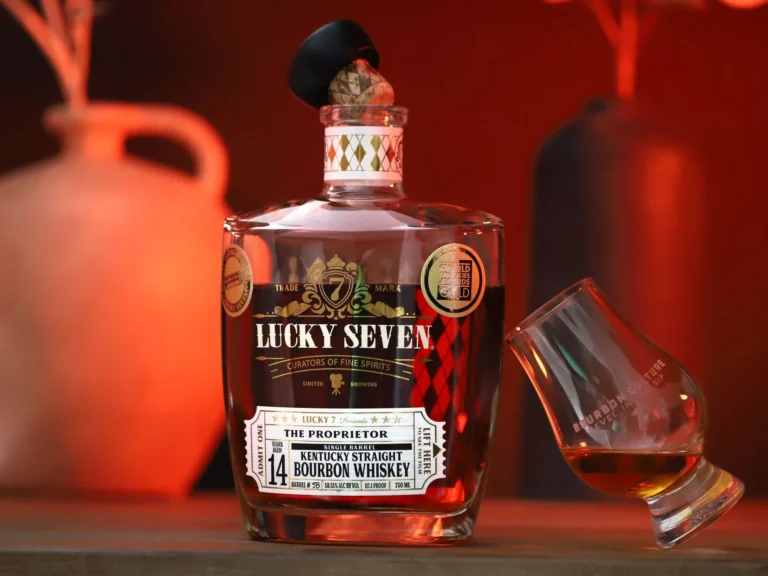The Ultimate Showdown Is Red Wine or Bourbon Healthier
In the ever-evolving conversation about health and lifestyle choices, the debate between red wine and bourbon often takes center stage. These two iconic libations, steeped in tradition and flavor, have captured the hearts and palates of enthusiasts worldwide. Yet, beyond their indulgent appeal, a crucial question persists: which one holds the crown as the healthier option Is Red Wine or Bourbon Healthier?
In this ultimate showdown, we embark on a journey into the realms of Is red wine or bourbon healthier, dissecting their distinct attributes, cultural significance, and purported health benefits.
From the antioxidants found in red wine to the complexities of bourbon’s aging process, each elixir presents a compelling case for its own merit.

Join us as we navigate the intricate tapestry of scientific research and cultural lore to unveil the truth behind the age-old question: is it red wine or bourbon that emerges victorious in the pursuit of a healthier lifestyle?
Understanding Red Wine:

Red wine has a long history dating back thousands of years, revered for its rich flavors, aromas, and purported health benefits. Made from fermented dark-colored grapes, red wine contains a variety of compounds, including antioxidants such as resveratrol, flavonoids, and polyphenols. These compounds have been linked to numerous health benefits, including heart health, improved cholesterol levels, and even longevity.
The Resveratrol Debate:
Resveratrol, a polyphenolic compound found in red wine, has garnered considerable attention for its potential health-promoting properties.
Studies suggest that resveratrol may possess anti-inflammatory and antioxidant effects, which could help protect against cardiovascular disease, cancer, and neurodegenerative disorders.
However, the amount of resveratrol Is red wine or bourbon healthier varies depending on factors such as grape variety, fermentation process, and aging duration, making it challenging to determine its exact health impact.

The French Paradox:
One of the most famous phenomena associated with red wine consumption is the “French Paradox.” Despite a diet rich in saturated fats, the French have lower rates of cardiovascular disease compared to other Western countries. Some researchers attribute this paradox to the regular consumption Is red wine or bourbon healthier, suggesting that its antioxidant properties may play a role in protecting against heart disease. However, the validity of this theory remains a subject of debate within the scientific community.
Potential Risks of Red Wine:
While red wine offers potential health benefits, it’s essential to acknowledge its potential risks as well. Excessive alcohol consumption, regardless of the type of alcoholic beverage, can increase the risk of liver disease, addiction, and various cancers. Additionally, individuals with certain medical conditions or those taking medications should consult their healthcare providers before consuming red wine due to potential interactions.
Understanding Bourbon:

Bourbon, a type of whiskey primarily made from corn and aged in charred oak barrels, holds a special place in American culture and history. Unlike red wine, bourbon lacks the antioxidant-rich compounds found in grapes but still offers a distinct flavor profile and drinking experience. While bourbon does not boast the same health-promoting compounds as red wine, it still holds potential benefits when consumed in moderation.
Caloric Content and Nutritional Value:
Compared to red wine, bourbon typically contains more calories and a higher alcohol content per serving. A standard serving of red wine (5 ounces) contains approximately 125 calories, while a serving of bourbon (1.5 ounces) contains around 100 calories. Additionally, red wine provides small amounts of vitamins and minerals, such as potassium and manganese, whereas bourbon offers minimal nutritional value beyond its alcohol content.
The Role of Moderation:
When it comes to assessing the healthfulness of alcoholic beverages, moderation is key. Both red wine and bourbon can be enjoyed as part of a balanced lifestyle when consumed in moderation. The Dietary Guidelines for Americans define moderate alcohol consumption as up to one drink per day for women and up to two drinks per day for men. Exceeding these limits can negate any potential health benefits and increase the risk of alcohol-related harm.
Heart Health and Bourbon:
While bourbon lacks the antioxidant compounds found Is red wine or bourbon healthier, some research suggests that moderate alcohol consumption, including bourbon, may have cardiovascular benefits.
Alcohol in moderation can increase levels of high-density lipoprotein (HDL) cholesterol, often referred to as “good” cholesterol, which helps remove low-density lipoprotein (LDL) cholesterol, or “bad” cholesterol, from the bloodstream.
However, these effects can vary depending on individual factors such as genetics, overall diet, and lifestyle habits.
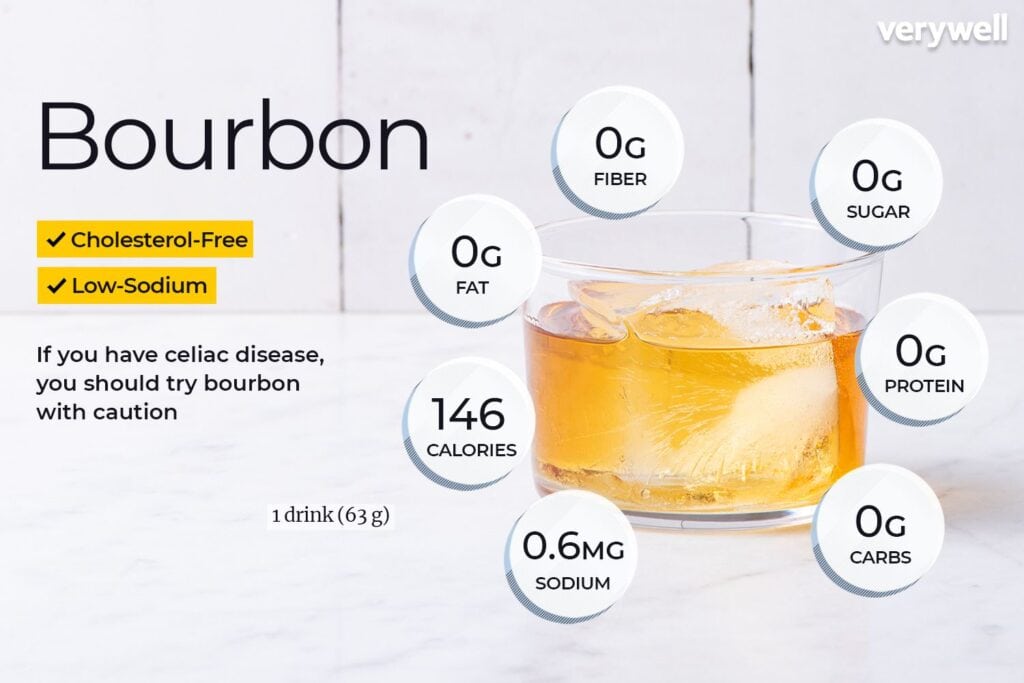
Potential Risks of Bourbon:
Like red wine, bourbon carries risks when consumed in excess. Chronic heavy drinking can lead to alcohol dependence, liver disease, and an increased risk of accidents and injuries. Additionally, bourbon, like all alcoholic beverages, can impair judgment and coordination, increasing the risk of accidents, falls, and other harmful incidents. It’s crucial to enjoy bourbon responsibly and be mindful of its effects on overall health and well-being.
So, Is Red Wine or Bourbon Healthier?

Determining whether red wine or bourbon is healthier ultimately depends on various factors, including individual health status, consumption patterns, and personal preferences. Red wine contains antioxidants such as resveratrol, which have been linked to potential cardiovascular benefits and may contribute to overall heart health when consumed in moderation. Additionally, moderate red wine or bourbon healthier consumption has been associated with a lower risk of certain diseases, such as type 2 diabetes and certain cancers.
On the other hand, bourbon, a type of whiskey, lacks the antioxidant content of red wine but may offer some benefits due to its relatively lower calorie and carbohydrate content compared to other alcoholic beverages. However, excessive bourbon consumption can lead to negative health outcomes, including liver damage and addiction issues. Ultimately, the key to enjoying either red wine or bourbon in a health-conscious manner lies in moderation and mindful consumption, taking into account individual health goals and considerations.
Conclusion:
In the showdown between red wine and bourbon, both alcoholic beverages offer unique characteristics and potential health benefits. Red wine boasts antioxidant compounds like resveratrol, which may contribute to heart health and longevity, while bourbon offers a distinct flavor profile and the potential for moderate cardiovascular benefits.
However, it’s essential to consume both red wine and bourbon in moderation and be aware of their respective risks. Ultimately, the healthiest choice depends on individual preferences, dietary patterns, and overall lifestyle habits. Whether you prefer the complexity of a fine Is red wine or bourbon healthier or the warmth of a well-aged bourbon, enjoying these beverages responsibly can enhance social experiences and add enjoyment to life while minimizing potential health risks.
Jl.Surjan
Disclosure: Our blog contains affiliate links to products. We may receive a commission for purchases made through these links. However, this does not impact our reviews and comparisons. We try our best to keep things fair and balanced, in order to help you make the best choice for you.

